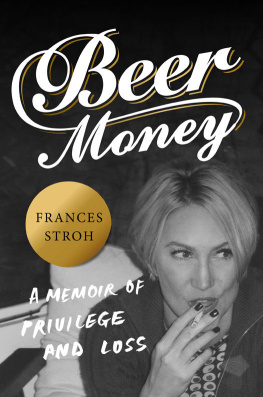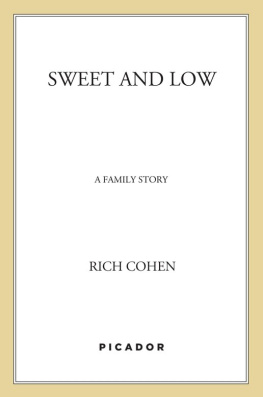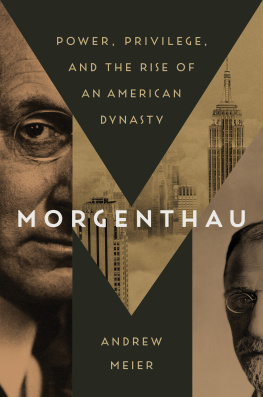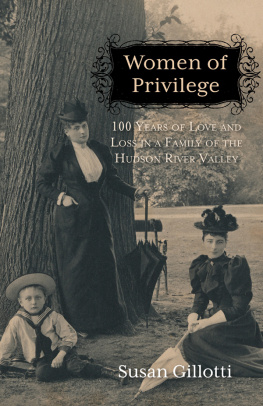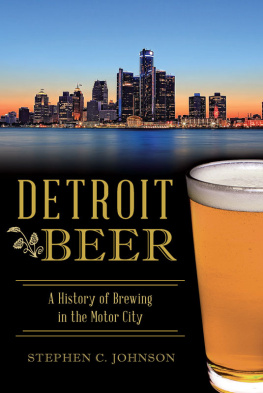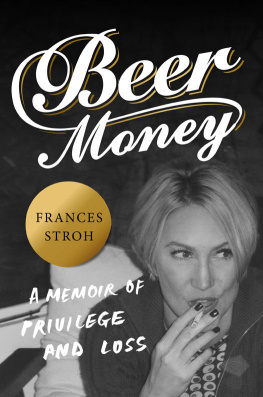Stroh family. - Beer money : a memoir of privilege and loss
Here you can read online Stroh family. - Beer money : a memoir of privilege and loss full text of the book (entire story) in english for free. Download pdf and epub, get meaning, cover and reviews about this ebook. year: 2016, publisher: HarperCollins, genre: Non-fiction. Description of the work, (preface) as well as reviews are available. Best literature library LitArk.com created for fans of good reading and offers a wide selection of genres:
Romance novel
Science fiction
Adventure
Detective
Science
History
Home and family
Prose
Art
Politics
Computer
Non-fiction
Religion
Business
Children
Humor
Choose a favorite category and find really read worthwhile books. Enjoy immersion in the world of imagination, feel the emotions of the characters or learn something new for yourself, make an fascinating discovery.
- Book:Beer money : a memoir of privilege and loss
- Author:
- Publisher:HarperCollins
- Genre:
- Year:2016
- Rating:5 / 5
- Favourites:Add to favourites
- Your mark:
Beer money : a memoir of privilege and loss: summary, description and annotation
We offer to read an annotation, description, summary or preface (depends on what the author of the book "Beer money : a memoir of privilege and loss" wrote himself). If you haven't found the necessary information about the book — write in the comments, we will try to find it.
In the tradition of Rich Cohens Sweet and Low and Sean Wilseys Oh the Glory of it All, a memoir of a city, an industry, and a dynasty in decline, and the story of a young artists struggle to find her way out of the ruins.
Frances Strohs earliest memories are ones of great privilege: shopping trips to London and New York, lunches served by black-tied waiters at the Regency Hotel, and a house filled with precious antiques, which she was forbidden to touch. Established in Detroit in 1850, by 1984 the Stroh Brewing Company had become the largest private beer fortune in America and a brand emblematic of the American dream itself; while Stroh was coming of age, the Stroh family fortune was estimated to be worth $700 million.
But behind the beautiful faade lay a crumbling foundation. Detroits economy collapsed with the retreat of the automotive industry to the suburbs and abroad and likewise the Stroh family found their wealth and legacy disappearing. As their fortune dissolved in little over a decade, the family was torn apart internally by divorce and one family members drug bust; disagreements over the management of the business; and disputes over the remaining money they possessed. Even as they turned against one another, looking for a scapegoat on whom to blame the unraveling of their family, they could not anticipate that even far greater tragedy lay in store.
Featuring beautiful evocative photos throughout, Strohs memoir is elegantly spare in structure and mercilessly clear-eyed in its self-appraisalat once a universally relatable family drama and a great American story.
Stroh family.: author's other books
Who wrote Beer money : a memoir of privilege and loss? Find out the surname, the name of the author of the book and a list of all author's works by series.

